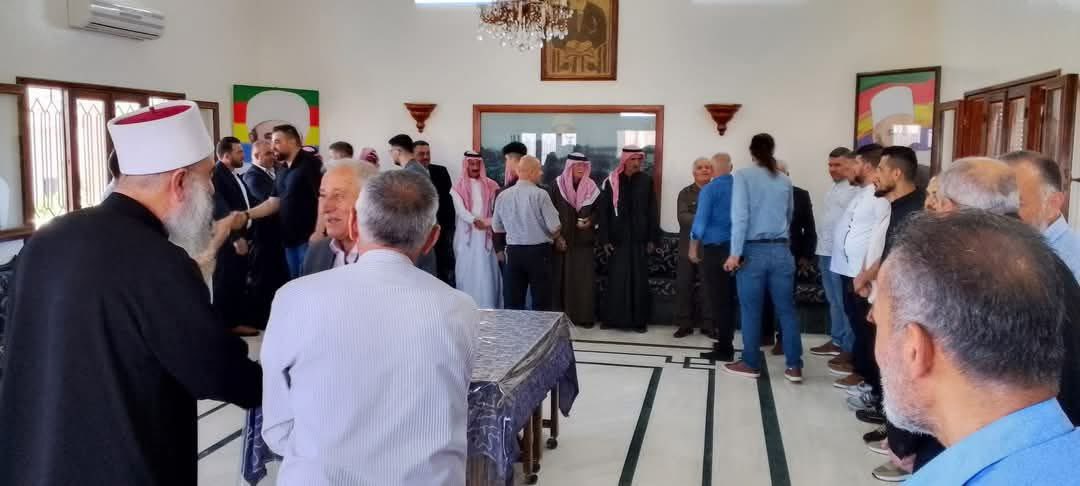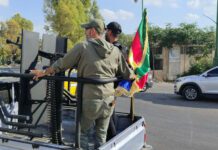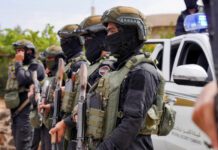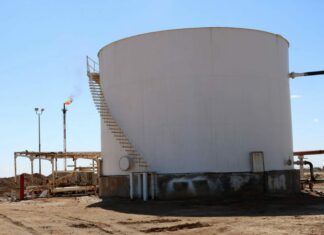
As Syria emerges from the shadow of over half a century of Assad rule, the southern province of Suwayda presents a microcosm of the tensions defining the nation’s post-conflict landscape. Long insulated from major military alignments, Suwayda now finds itself at the center of a quiet but escalating contest over legitimacy, leadership and the meaning of statehood.
Following Assad’s fall, Suwayda did not witness a clear power transfer. Instead, competing religious and militia figures began asserting control, each claiming to protect the Druze community and its historic values of dignity, privacy and autonomy. But these terms, once tied to a legacy of resistance, are increasingly used to justify armed presence and institutional fragmentation.
At the heart of the leadership debate is Sheikh Hikmat al-Hijri, who has positioned himself as a spiritual authority seeking “international protection” for Suwayda. Yet his calls for public mobilization have faltered. In May, residents largely ignored his summons to protest in Karama Square, revealing a waning influence built more on symbolism than grassroots structure.
Competing Visions Within the Druze Leadership
Other religious figures, such as Sheikhs Yusuf Jarbou and Hamoud al-Hinawi, advocate for conditional engagement with the central government under President Ahmad al-Sharaa. They call for preserving Suwayda’s “cultural and administrative specificity” without rejecting the state. However, their pragmatism has yet to materialize into a coherent political platform.
Militant factions further complicate the picture. Groups such as Laith al-Balous’s Men of Dignity signal willingness to cooperate with Damascus, while others, like Abdulbaqi’s movement, reject integration and flirt with outside powers, including the SDF and the US base at al-Tanf.
Suwayda as a Warning Sign for Syria’s National Cohesion
This fragmentation alongside sabotage, foreign intervention and political violence has hollowed out state institutions. Governor Mustafa Bakkour’s resignation following public assault by anti-government fighters has been the latest in escalating hostility towards Damascus.
What is unfolding in Suwayda may serve as a bellwether for Syria’s broader transition. The province’s drift toward factional control, religious authority in place of governance, and external instigation points to a potential unraveling of national unity. The willingness of those, like Hijiri, to openly invite Israeli intervention—something once unthinkable—is indicative of a deeper breakdown between those vying for power and societal foundations of a population opposed to foreign meddling and fragmentation.
As de facto governance shifts from elected institutions to armed factions and religious leaders, the danger grows that Suwayda could be exploited to spread disunity and chaos elsewhere. The province’s unresolved power struggles and absence of civic consensus demonstrate that without inclusive and enforceable state authority, Syria risks slipping into a patchwork of localized regimes driven by identity, arms and opportunism.








